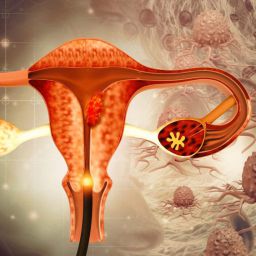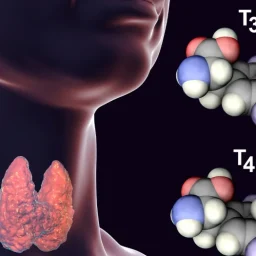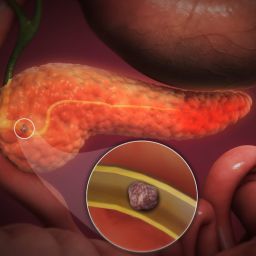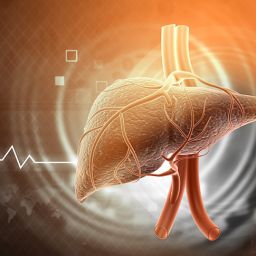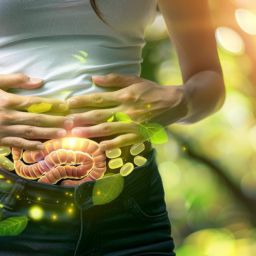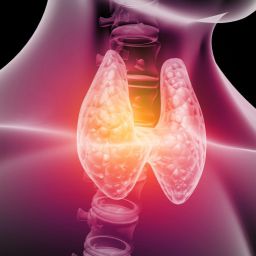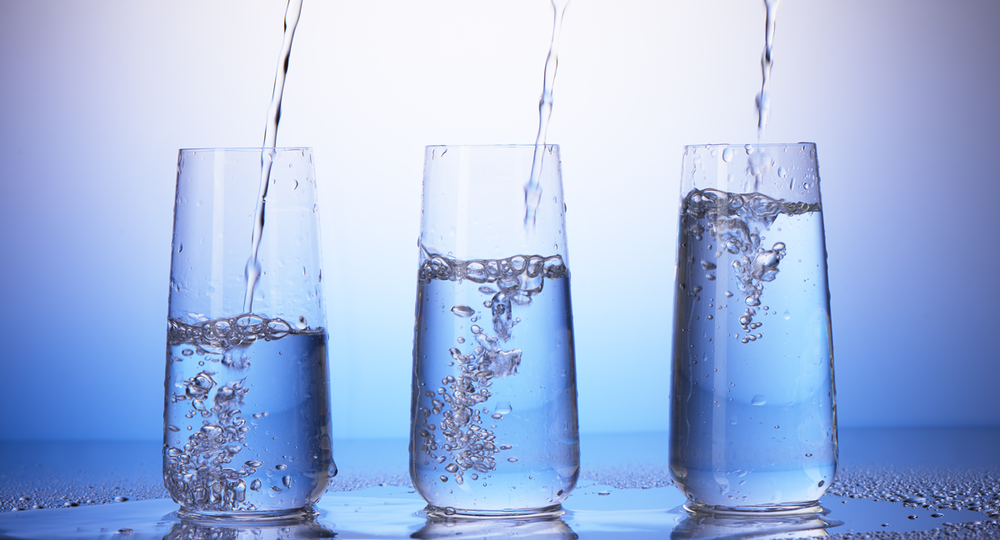
Hemorrhoids and Their Causes
Hemorrhoids are inflamed veins in the anus and rectum that can develop due to increased pressure in the lower rectum. The condition is characterized by symptoms such as pain, swelling, itching, and bleeding during bowel movements. While hemorrhoids are common and often harmless, they can cause significant discomfort and complications if left untreated.
Hemorrhoids can be caused by a variety of factors, including:

- Chronic Constipation: Straining during bowel movements, often due to infrequent or difficult bowel movements, puts pressure on the veins in the rectal area, which can lead to hemorrhoids. Constipation is one of the most common causes of hemorrhoid formation.
- Pregnancy: The growing uterus exerts pressure on the veins in the rectal area, which can cause hemorrhoids, particularly during labor and delivery.
- Prolonged Sitting or Standing: Spending extended periods of time sitting or standing can lead to increased pressure in the rectal area, which contributes to hemorrhoid formation.
- Obesity: Excess weight can increase pressure on the pelvic veins and lead to hemorrhoids.
- Straining During Bowel Movements: Activities like heavy lifting or forceful bowel movements can increase pressure in the rectal veins, leading to hemorrhoids.
- Poor Diet: A diet lacking in fiber and fluids can contribute to constipation, which in turn increases the risk of hemorrhoids.
Among these risk factors, one of the most significant contributors to hemorrhoid formation is chronic constipation, which is often caused or exacerbated by insufficient water intake.
The Role of Water in Digestive Health
Water is essential for maintaining optimal health, including the health of your digestive system. It plays a crucial role in the breakdown of food, the absorption of nutrients, and the regulation of bowel movements. Water ensures that food moves efficiently through the digestive tract and helps soften stools, making it easier for them to pass through the intestines and out of the body. Without adequate hydration, stool can become hard, dry, and difficult to pass, leading to straining during bowel movements—a key factor in the development of hemorrhoids.
Here’s how water affects the digestive process:
- Hydration and Stool Softening: When you are adequately hydrated, your colon absorbs water from the digested food, making the stool soft and easy to pass. In contrast, when you’re dehydrated, the colon absorbs more water than necessary, causing the stool to become hard and dry. This leads to constipation, and as a result, you may need to strain during bowel movements, increasing pressure on the rectal veins and raising the risk of hemorrhoid formation.
- Facilitating Digestion: Water is involved in the breakdown of food in the stomach and intestines, ensuring that nutrients are absorbed efficiently and waste products are excreted properly. Dehydration can hinder this process and contribute to bloating, indigestion, and constipation.
- Preventing Constipation: Drinking water throughout the day helps regulate bowel movements and prevent constipation. Proper hydration supports the body’s natural processes and ensures that the stool moves smoothly through the intestines. When constipation is avoided, the need for straining is minimized, reducing the risk of developing hemorrhoids.
How Much Water Do You Need to Prevent Hemorrhoids?
The recommended amount of daily water intake can vary depending on factors such as age, sex, activity level, and climate. However, a general guideline for water intake is provided by health organizations such as the National Academies of Sciences, Engineering, and Medicine.
The general recommendation for water intake is as follows:
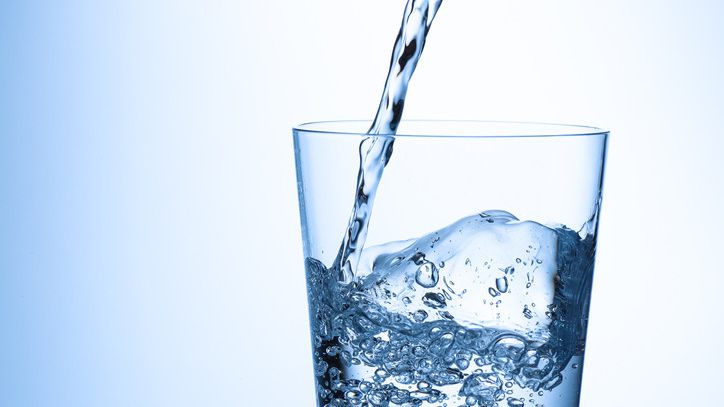
- For men: Approximately 3.7 liters (125 ounces) of total water intake per day, including all beverages and food.
- For women: Approximately 2.7 liters (91 ounces) of total water intake per day, including all beverages and food.
It’s important to note that these recommendations refer to total daily water intake, which includes water from all sources, such as beverages, fruits, vegetables, and soups. The actual amount of water you should drink may vary based on individual needs, but these guidelines provide a solid starting point.
Factors that Affect Water Intake Needs
- Physical Activity: If you exercise or engage in physical activity, you may require additional water to compensate for the fluids lost through sweat. Staying hydrated during exercise helps maintain proper digestive function and reduces the risk of constipation.
- Climate: If you live in a hot or dry climate, you may need to drink more water to stay hydrated and replace fluids lost through perspiration. This is especially important for maintaining optimal bowel health.
- Health Conditions: Certain medical conditions, such as kidney problems or heart conditions, may affect your water intake needs. Always consult with a healthcare provider if you have specific health concerns.
- Dietary Factors: If your diet is high in salt, caffeine, or alcohol, you may need to drink more water to counteract the dehydrating effects of these substances. A diet rich in fiber, on the other hand, requires more water to help the fiber move through the digestive tract and prevent constipation.
Signs of Dehydration and Their Impact on Hemorrhoid Risk
Dehydration occurs when the body does not have enough water to carry out normal functions. Dehydration can lead to constipation, which is a significant risk factor for hemorrhoids. The signs of dehydration include:
- Dark Yellow Urine: Dark-colored urine is often a sign of dehydration, as the body is conserving water and excreting more concentrated urine.
- Dry Mouth and Thirst: Feeling excessively thirsty and experiencing a dry mouth are common signs that your body needs more water.
- Fatigue and Dizziness: Dehydration can cause feelings of fatigue and dizziness, as the body struggles to function properly without adequate hydration.
- Constipation: One of the most noticeable effects of dehydration is constipation. When you don’t drink enough water, your stool becomes hard, making it difficult to pass.
- Headaches: Dehydration can also lead to headaches, as the brain becomes affected by the lack of water.
If you experience any of these symptoms, it’s important to hydrate immediately to restore fluid balance and prevent further complications. For individuals at risk of hemorrhoids, maintaining adequate hydration is key to preventing constipation and the strain that can lead to hemorrhoid formation.
Tips for Optimizing Water Intake to Prevent Hemorrhoids
To prevent hemorrhoid formation and support overall digestive health, it’s essential to adjust your water intake habits. Here are some practical tips for optimizing hydration:

- Drink Water Throughout the Day: Rather than drinking a large amount of water at once, aim to drink small amounts of water consistently throughout the day. Carry a water bottle with you and take regular sips to stay hydrated.
- Consume Water-Rich Foods: In addition to drinking water, include foods with high water content in your diet. Fruits and vegetables like cucumbers, watermelon, oranges, and strawberries can help keep you hydrated and provide essential nutrients for digestive health.
- Avoid Caffeine and Alcohol: Caffeine and alcohol can have a dehydrating effect on the body. If you consume these beverages, be sure to drink extra water to compensate for the fluid loss.
- Monitor Your Urine Color: Keep an eye on the color of your urine. Ideally, urine should be light yellow. Dark yellow urine is a sign of dehydration and indicates that you need to increase your water intake.
- Adjust Hydration Based on Activity Levels: If you exercise or engage in physical activity, be sure to drink additional water before, during, and after exercise to maintain hydration levels.
- Listen to Your Body: Pay attention to signs of thirst and dehydration, and drink water when you feel thirsty. Your body’s natural signals can help guide your hydration needs.
Adequate water intake is crucial in maintaining healthy digestion and preventing hemorrhoid formation. Water helps to soften stool, prevent constipation, and ensure regular bowel movements, reducing the need to strain during defecation—one of the primary causes of hemorrhoids. By staying hydrated, you can significantly reduce the risk of hemorrhoid development and support overall digestive health.
To optimize your water intake, aim for a consistent and balanced approach to hydration. Drink water throughout the day, include water-rich foods in your diet, and adjust your fluid intake based on your activity level and environmental factors. By making hydration a priority, you can significantly reduce your risk of hemorrhoids and improve your quality of life.


